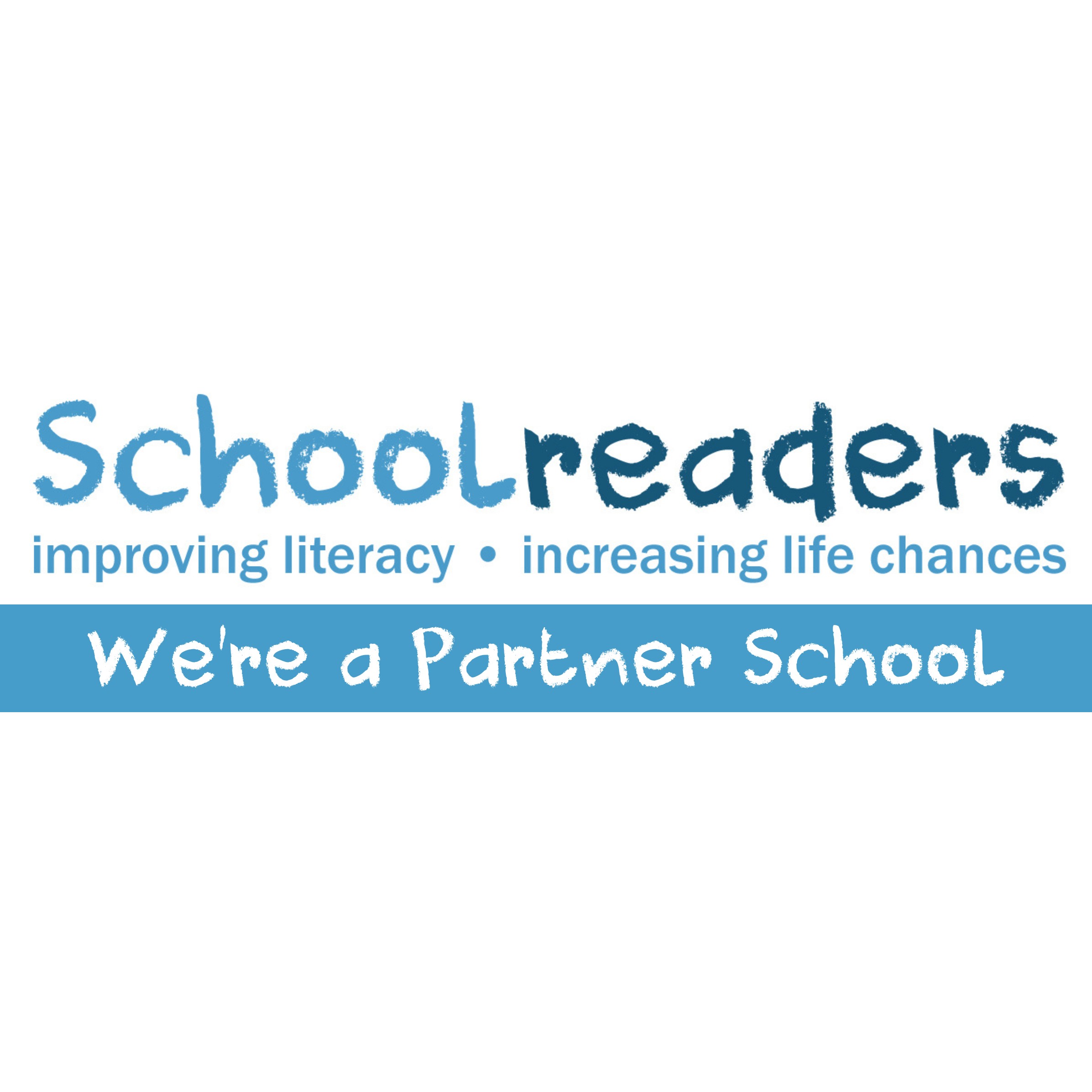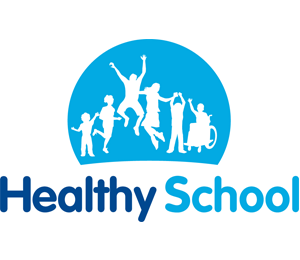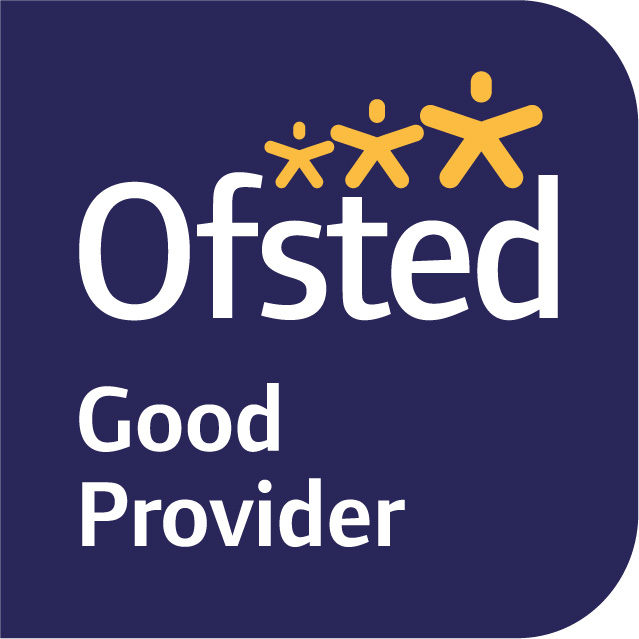Writing
Our Intent: Why our Writing curriculum looks like this
At Green Lane, Writing is a crucial part of our curriculum. All children, from EYFS to Year 6, are provided with many opportunities to develop and apply their writing skills across the curriculum. We intend for pupils to be able to plan, revise and evaluate their writing. To be able to do this effectively, pupils will focus on developing effective transcription and effective composition. They will also develop an awareness of the audience, purpose and context, and an increasingly wide knowledge of vocabulary and grammar. We also intend for pupils to leave school being able to use fluent, legible and speedy handwriting. In Spelling, teachers will show pupils how to understand the relationships between words, how to understand nuances in meaning, and how to develop their understanding of, and ability to use, figurative language. They will also teach pupils how to work out and clarify the meanings of unknown words and words with more than one meaning.
What are the aims of the Green Lane Curriculum for Writing?
The Green Lane Curriculum for Writing follows the aims of the National Curriculum to ensure that all pupils:
- acquire a wide vocabulary, an understanding of grammar and knowledge of linguistic conventions for reading, writing and spoken language
- appreciate our rich and varied literary heritage
- write clearly, accurately and coherently, adapting their language and style in and for a range of contexts, purposes and audiences
- use discussion in order to learn; they should be able to elaborate and explain clearly their understanding and ideas
Writing Subject Content:
The programmes of study for Writing at Key Stages 1 and 2 are constructed similarly to those for reading:
- transcription (spelling and handwriting)
- composition (articulating ideas and structuring them in speech and writing)
It is essential that teaching develops pupils’ competence in these 2 dimensions. In addition, pupils should be taught how to plan, revise and evaluate their writing. These aspects of writing have been incorporated into the programmes of study for composition.
Writing down ideas fluently depends on effective transcription: that is, on spelling quickly and accurately through knowing the relationship between sounds and letters (phonics) and understanding the morphology (word structure) and orthography (spelling structure) of words. Effective composition involves articulating and communicating ideas, and then organising them coherently for a reader. This requires clarity, awareness of the audience, purpose and context, and an increasingly wide knowledge of vocabulary and grammar. Writing also depends on fluent, legible and, eventually, speedy handwriting.
Implementation and Impact: How do we teach our Writing curriculum and what is the purpose of our Writing curriculum?
| IMPLEMENTATION | IMPACT |
| We aim to develop children’s ability to produce well-structured, detailed writing in which the meaning is made clear and which engages the interest of the audience / reader. Pupils are given a language rich curriculum and are encouraged and shown how to effectively use interesting and adventurous language in their writing. Vocabulary is taught independently through the Vocabulary Ninja approach, exploring tier two words each day to broaden children’s knowledge of commonly used words. ‘Talk for Writing’ strategies are used throughout the school to support the teaching of writing. Writing is modelled on challenging class texts, which are studied in reading sessions, strengthening the link between reading and writing. Teachers clearly model writing skills and document the learning journey through consistent working walls; guided writing sessions are used to target specific needs of both groups and individuals. Talk for Writing allows us to meet the needs of the children that we are teaching – through choosing texts that will engage, inspire and motivate. As well as reading a wide variety of genres, children are given frequent opportunities to develop their skills in writing in different genres. The Talk for Writing approach allows us to cover and embed texts in depth, giving children the opportunity to put their writing skills into practice through a mix of fiction and non-fiction texts. Particular attention is paid throughout the school to the formal structures of English: grammatical detail, punctuation and spelling, and lessons are carefully planned so that skills are taught, embedded, revisited and then developed in a sequential way which promotes learning and retention of knowledge and skills. Pupils are taught discrete punctuation and grammar skills, appropriate to their year group, allowing opportunities to identify, practice and consolidate grammatical understanding, whilst also being immersed in a text. Children then apply the grammar and punctuation skills that they have learnt in their pieces of writing. Children are taught to edit and improve their work. Drafting work before producing a final version is taught in upper key stage 2. This encourages children to think of themselves as ‘authors’ and spend more time considering how they apply their skills. Writing assessment is ongoing throughout every lesson and cross curricular themes to help teachers with their planning, lesson activities, targeted pupil support and enable appropriate challenge to all children Pupils are given feedback and next steps to respond to in order to personalise learning and provide the children with opportunities to edit and improve their own writing. Senior leaders closely monitor pupil’s books and hold individual termly meetings with teams to assess children’s learning needs and progress. Handwriting We expect and encourage children to present their work neatly so Handwriting and fine motor skills are taught throughout the school. Pupils are expected to start using a joined script in Year 1 and continue to develop this throughout school. Spelling Spelling is an important skill both in and out of school. Spelling rules are explicitly taught in the classrooms as part of dictated sentences and through modelled and shared writing. There is an expectation that children will spend time at home learning their spellings. Spelling Shed is used to support this learning. | Pupils will make good progress from their own personal starting points. Pupils will acquire a wide vocabulary and have a strong command of the written word. Pupils will develop a technical vocabulary through which to understand and discuss their writing, developing their imagination, creativity, expressive language and critical awareness. Pupils will be able to use discussion to further their learning, being able to elaborate and explain clearly their thinking and ideas. Pupils will write with confidence, clarity and imagination; Understand and apply their knowledge of phonics, grammar and spelling accurately Pupils will be able to use fluent and legible handwriting. Pupils will be able to plan, draft, revise and edit their own work, and learn how to self and peer assess against the success criteria. By the end of Year Six, pupils will be able to write clearly and accurately and adapt their language and style in and for a range of contexts, purposes and audiences. Most importantly, pupils will develop a love of writing and be well equipped for the rest of their education |
Pedagogy
| Our Teaching Sequence |
| Introduce the text, making inferences and prediction and activating any prior knowledge around potential topics. Retell the text adding actions and using ‘story map’ (the ‘story’ can be fiction or non-fiction text) ‘Box up’ the text to plan or retell the ‘story’ Retell the ‘story’ Innovate a ‘story’ to make it our own Invent a ‘story’ own using the original text as a model Draft an original version Edit and improve to produce a final version |
| Possible Pedagogical Approaches used in Writing |
| Direct teacher instruction; modelling of skills and techniques; GPS; demonstration Inquiry-based learning; exploring appropriate examples Teacher modelling; mix of individual, paired and group instruction Pupil-led learning; opportunities to showcase learning Being introduced to the key, text appropriate, vocabulary that an author would use; defining the key vocabulary that a writer would use; high expectations of pupils ‘talking’ like an author ; high expectation of pupils writing, interpreting, editing and presenting as an author. |
Please click here to view our Progression of Skills for Writing.






